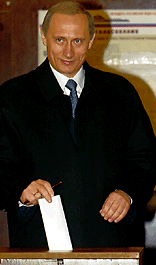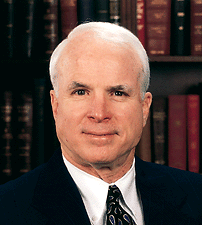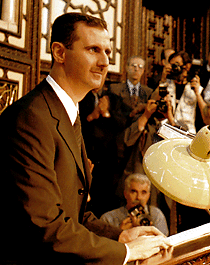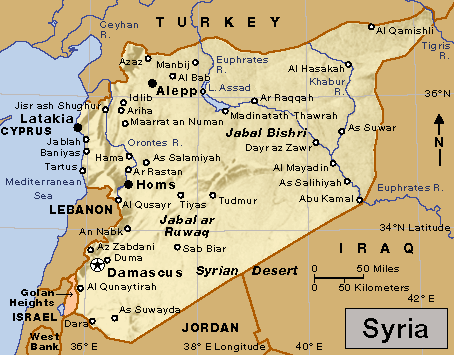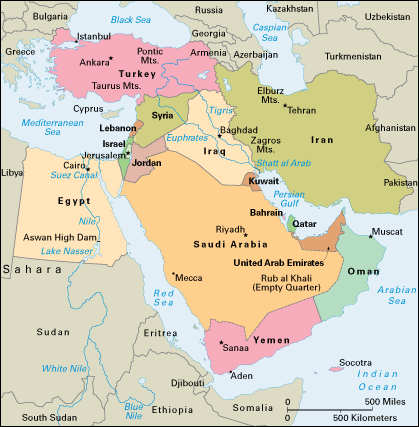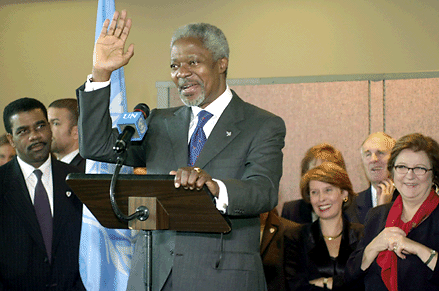President Presses for Military Option in Syria But Agrees to Explore Russian Plan
Wednesday, September 11th, 2013September 11, 2013
In a nationally televised address last evening, President Barack Obama argued that the United States has a moral obligation to consider a military strike against Syria for allegedly killing more than 1,400 of its citizens in a chemical weapons attack on August 21. “Our ideals and principles, as well as our national security, are at stake in Syria,” the president declared. He acknowledged that “we cannot resolve someone else’s civil war through force, particularly after a decade of war in Iraq and Afghanistan.” Nevertheless, he argued, failing to act against the regime of Syrian President Bashar al-Assad would erode an international ban against the use of chemical weapons and increase the likelihood that American troops “would again face the prospect of chemical warfare on the battlefield. And it could be easier for terrorist organizations to obtain these weapons, and to use them to attack civilians.”
President Obama, who faces widespread public and congressional opposition to military action against Syria, also said he was willing to postpone action to pursue a diplomatic initiative advanced earlier in the day by Russia. The initiative followed remarks made by U.S. Secretary of State John Kerry at a news conference in Europe. Asked whether there was anything Assad could do to avoid military action, Kerry declared that the Syrian president could surrender his entire stockpile of chemical weapons within the next week. In talks with Syrian Foreign Minister Walid Muallem, Russian Foreign Minister Sergei Lavrov then asked Syria to put its chemical weapons stockpile under “international control.” Lavrov noted that the weapons would be destroyed, presumably under the supervision of United Nations weapons inspectors. In response, Syria publicly acknowledged for the first time that it possesses chemical weapons and offered to sign the international treaty governing their use. Muallem also said Syria would identify chemical arms facilities to international observers and agree to dispose of the weapons.
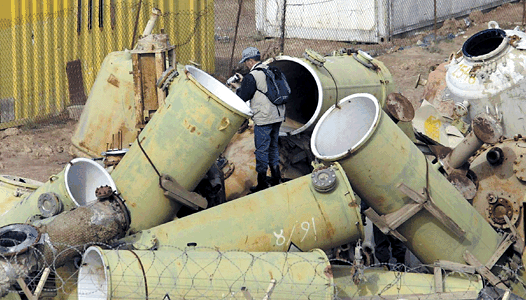
A United Nations inspector examines dismantled equipment used during the 1980's and 1990's in Iraq's chemical weapons program. (Reuters/Getty Images)
In response, Kerry warned that the administration would not tolerate delays and avoidance tactics in implementing the plan. He also said the disarmament process must be “swift and verifiable.” Also on Tuesday, Russian President Vladimir Putin said any agreement on Syria’s chemical weapons must include a promise by the United States and its allies not to threaten military action to enforce the agreement. The main rebel coalition fighting the Assad regime announced its opposition to the Russian plan. Coalition leaders said the plan was simply an effort to stall for time.
Additional World Book articles:
- Arab Spring
- The Middle East: From Fall to Spring (a special report)
- Syria: The Roots of Rebellion (a special report)
- Syria 2011 (a Back in Time article)
- Syria 2012 (a Back in Time article)

